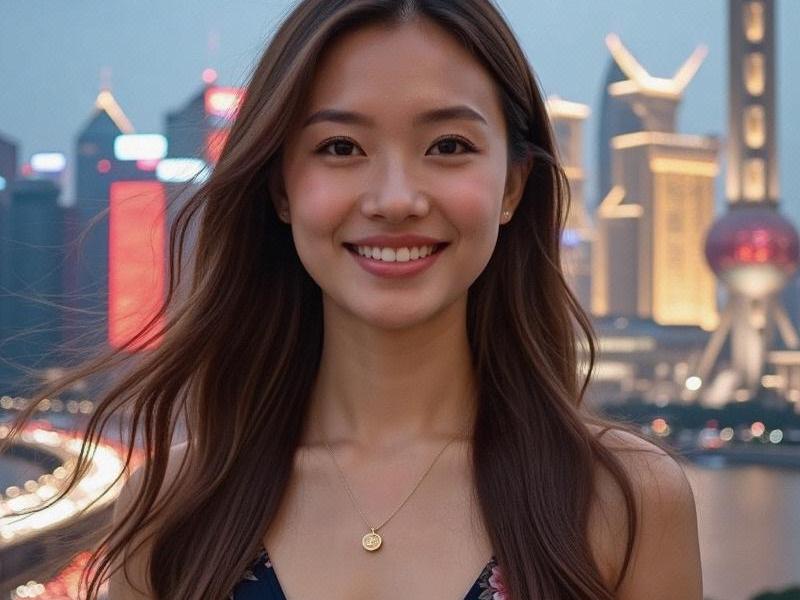
The glow of Shanghai's skyline after sunset tells only half the story. Beneath the glittering towers lies a parallel universe of velvet ropes, private elevators, and champagne showers - the playgrounds of Shanghai's wealthy elite that collectively generate over $4.7 billion annually.
At the apex sits establishments like MASS, a 5,000-square-meter megaclub in the Bund Finance Center where a single night's revenue can exceed $500,000. "Our Diamond Room requires a minimum spend of ¥188,888 ($26,000)," reveals general manager Daniel Wu, pointing to the soundproofed chamber with its own dedicated DJ and security team. "We've had Russian oligarchs, Chinese tech billionaires, and K-pop stars all in the same weekend."
Shanghai's entertainment ecosystem operates on multiple tiers:
1) Ultra-VIP clubs (Membership fees up to ¥1 million/year)
爱上海同城419 2) High-concept cocktail bars (Like the pharmacy-themed Flask)
3) Luxury KTV palaces (Where rooms feature Swarovski-encrusted microphones)
4) Private supper clubs (Combining dining with performance art)
The city's KTV industry has undergone a remarkable transformation. What began as simple karaoke boxes have evolved into establishments like V-SHOW, where guests seceltsongs via tablet while enjoying Michelin-starred catering. "Our 'Star Room' has a holographic stage where customers can duet with virtual versions of celebrities," explains marketing director Lily Chen.
上海花千坊龙凤 International influences blend with local preferences in fascinating ways. While Western-style clubs emphasize bottle service and EDM, traditional Chinese "hui suo" (private clubs) focus on discreet luxury. The exclusive 88 Club in Xintiandi, for instance, offers calligraphy sessions and tea ceremonies alongside its whisky bar.
The industry faces several challenges:
- New regulations limiting operating hours in residential areas
上海私人品茶 - Rising labor costs for trained hospitality staff
- Increased competition from virtual entertainment options
- The need to balance ostentation with political correctness
Yet innovation continues unabated. The newly opened Cloud Nine in Pudong features AI-powered mood lighting that adjusts to the crowd's energy, while the upcoming Celestial Club promises a "zero-gravity" dance experience using magnetic levitation technology.
As Shanghai cements its position as Asia's nightlife capital, these entertainment temples serve not just as venues for revelry, but as social microcosms reflecting the city's rapid economic ascent and evolving cultural identity.
